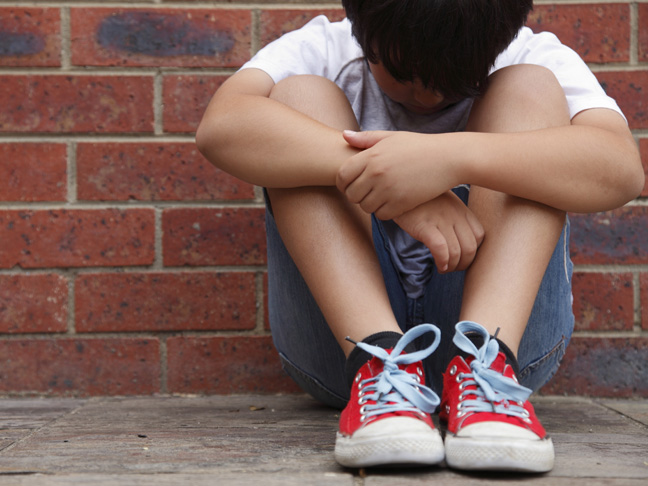“The effects of bullying are visible nearly four decades later, with health, social, and economic consequences lasting well into adulthood,” said Ryu Takizawa, who led the study at the Institute of Psychiatry at Kings College London.
To conduct their research, researchers used the British National Child Development Study, which includes data on all children born in England, Scotland, and Wales during one week in 1958. There were 7,771 children whose parents gave information on the child’s exposure to bullying at ages 7 and 11. These children were then followed up on until they were 50 years old.
Twenty-eight percent of them had been bullied occasionally, while 15 percent reported being bullied frequently — rates the researchers believe are similar to what occurs today. In the study, researchers accounted for factors including childhood IQ, emotional, and behavioral problems, as well as low parental involvement.
Children who were frequently bullied were found to be at an increased risk for depression, anxiety, and suicidal thoughts as adults. They also were more likely to have lower education levels and less likely to be in a solid relationship. Many of those studied also reported a lower overall quality of life. Men who were the victims of bullying as boys were often unemployed, unsatisfied in their job, or earned less than average wages.
Louise Arseneault from Kings College worked on this study, and says that we need to move away from any perception that bullying is simply an inevitable part of growing up, and be aware that this behavior “can and does have harmful long-term repercussions.”








